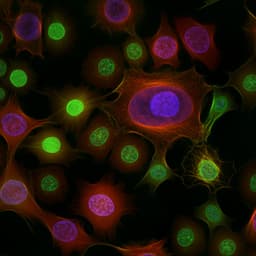
Linguistics and Languages
Volunteer translators in non-governmental organizations: exploring their identity and power through discourse analysis
M. D. M. S. Ramos
Discover how the identities of volunteer translators in Spanish NGOs are shaped by their roles and perceptions. This research by María del Mar Sánchez Ramos uncovers contrasting identities and their implications for social change and professional intrusion, highlighting the need for more exploration in this intriguing field.
Related Publications
Explore these studies to deepen your understanding of the subject.







